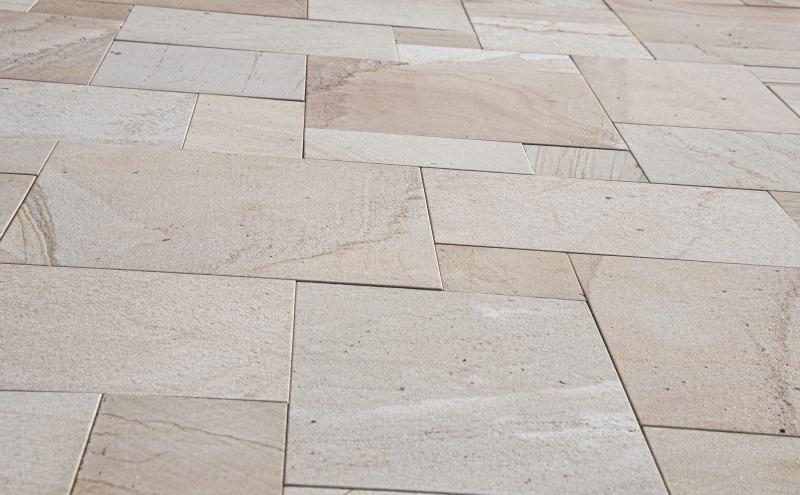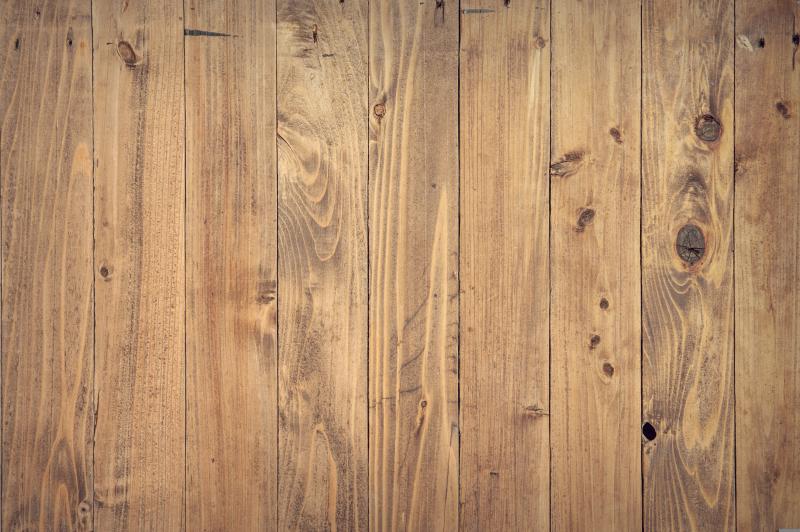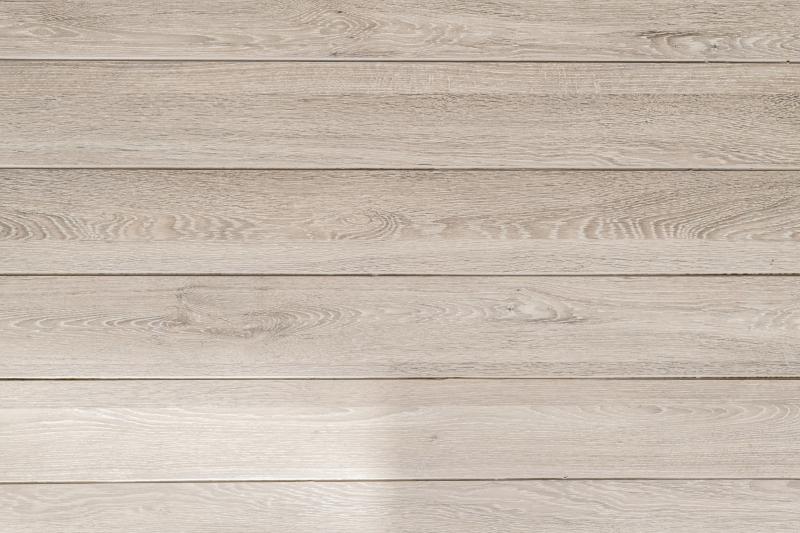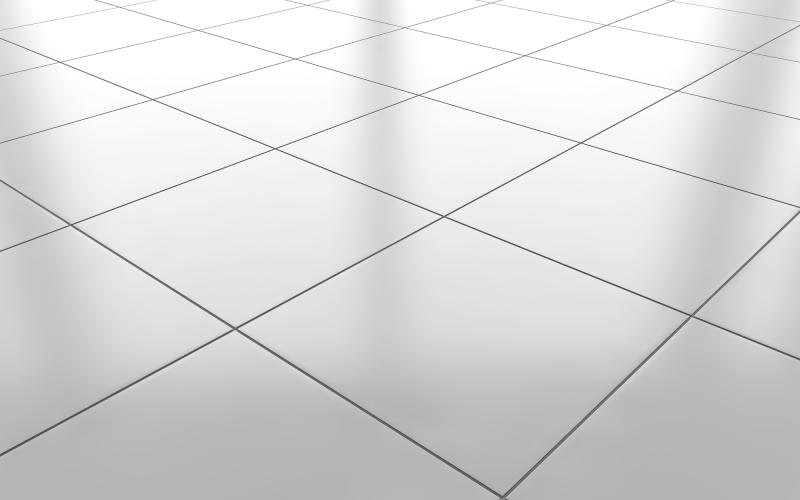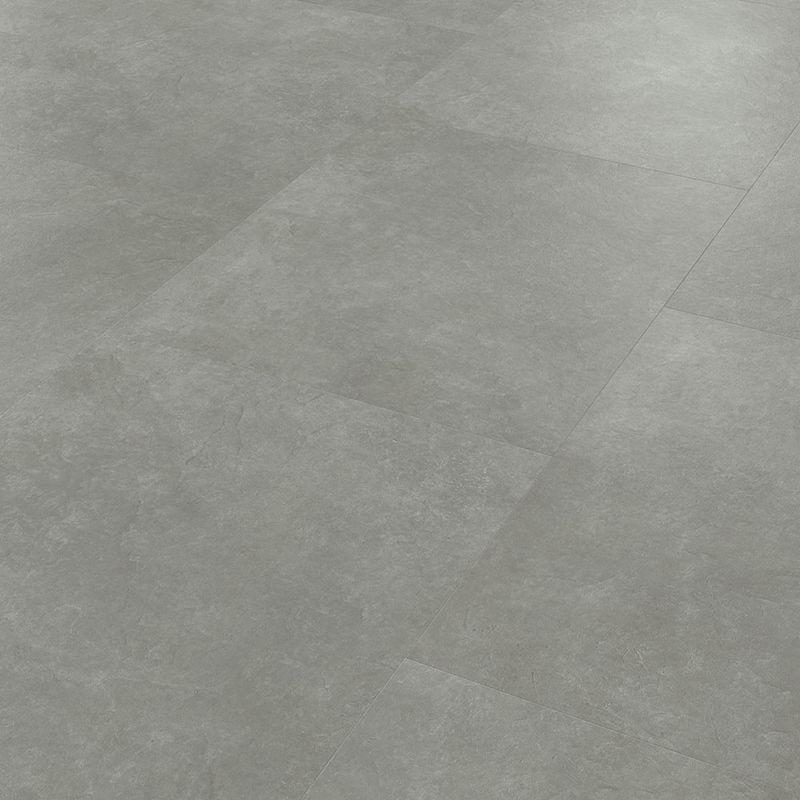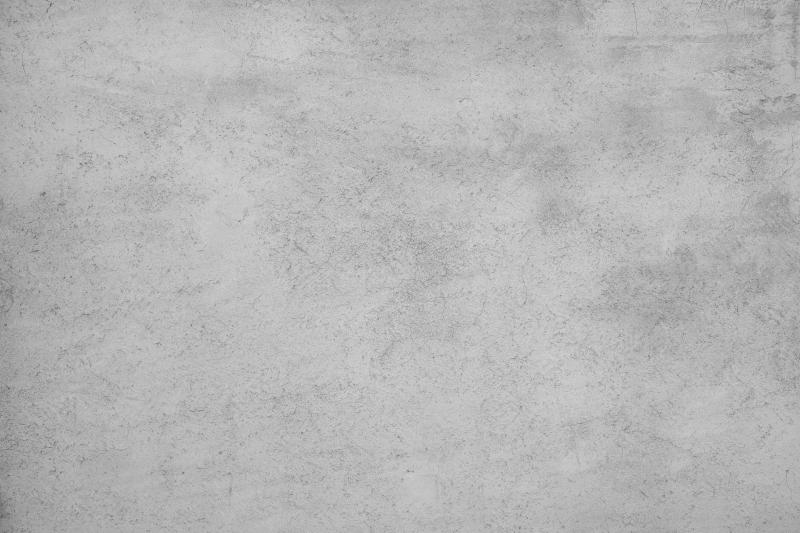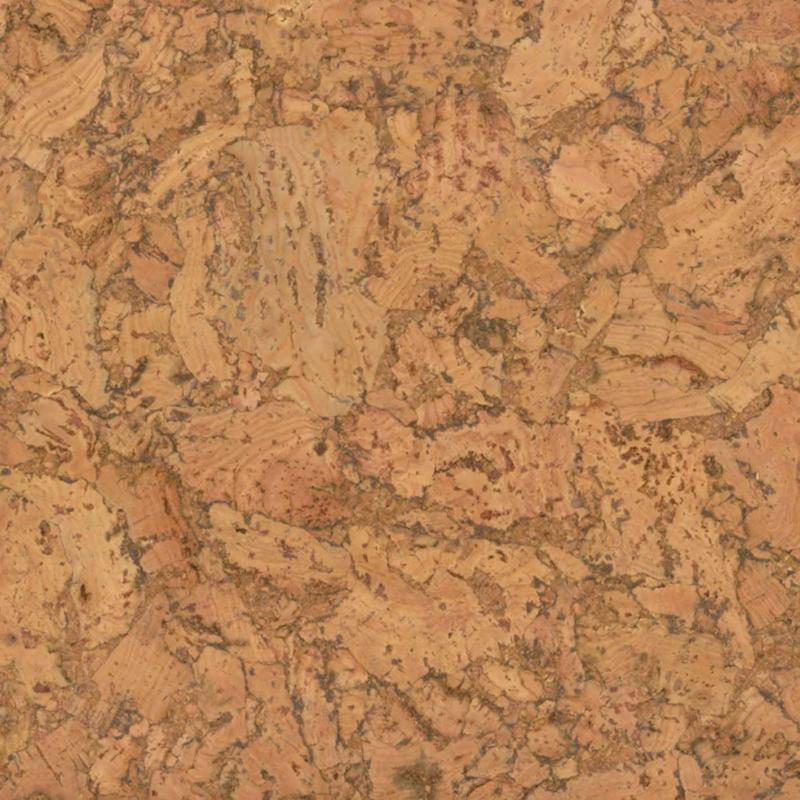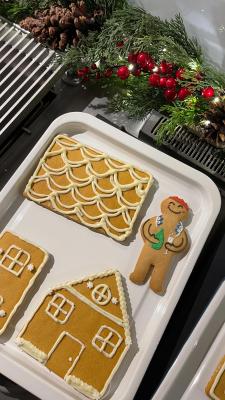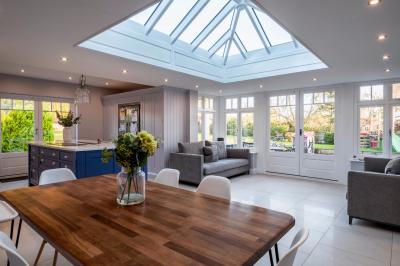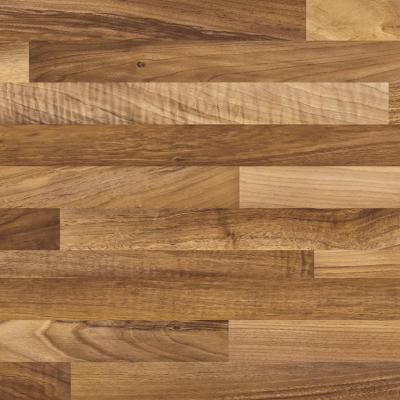Choosing the Right Flooring for Your Bespoke Kitchen
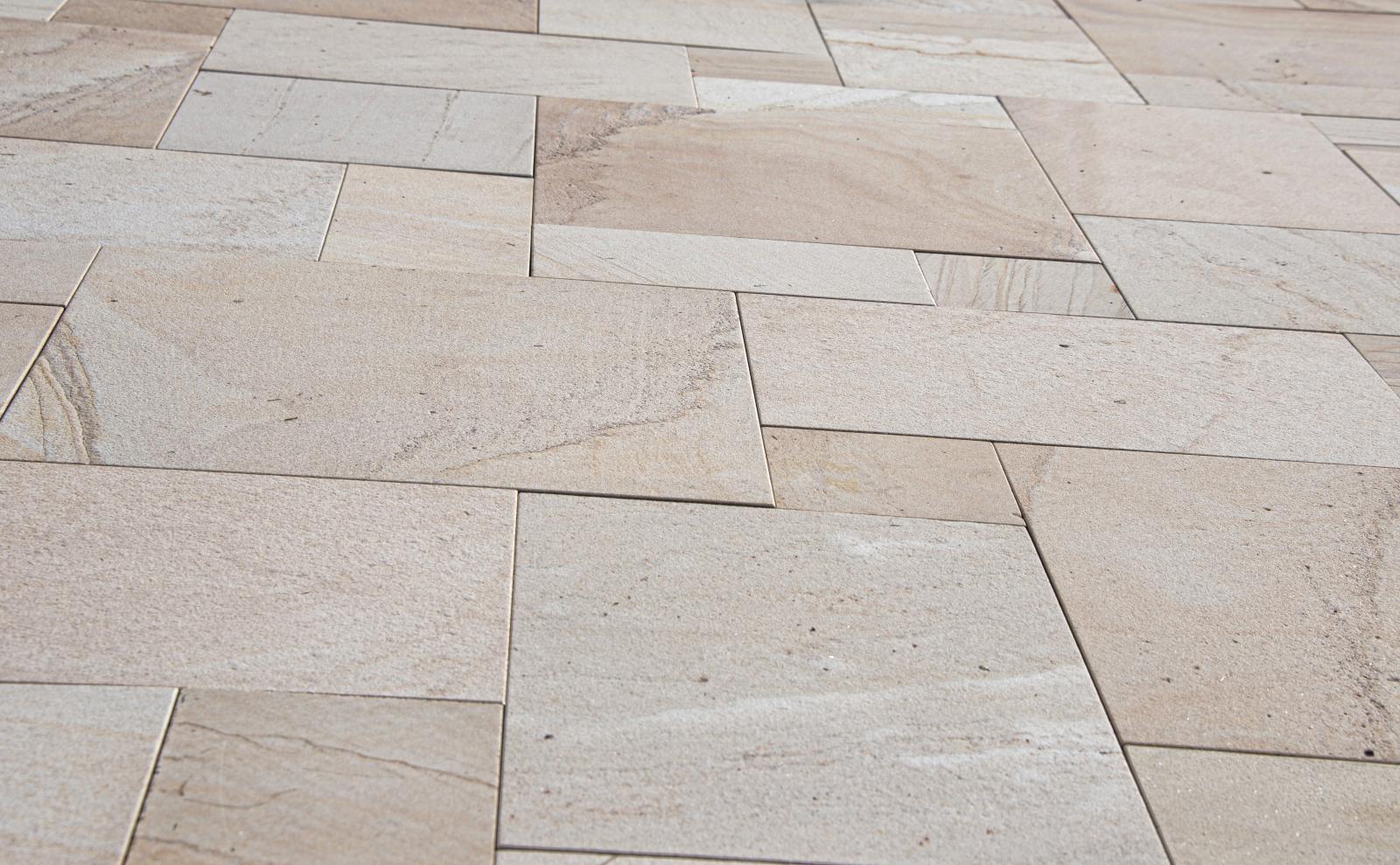
This article is part of a series looking at choices for 3 key areas of bespoke kitchen design; Flooring, Cabinets and Worktops.
When designing a bespoke kitchen, every element is thoughtfully chosen to reflect your lifestyle, taste, and the craftsmanship at the heart of your home. Among the essential design decisions, flooring plays a pivotal role both functionally and aesthetically. It grounds your kitchen, sets the tone for the overall style, and must withstand the rigours of daily use.
Choosing the right flooring for a bespoke kitchen means striking the perfect balance between elegance, durability, and practicality, all while complementing the handcrafted design you’ve envisioned.
Key Considerations for Bespoke Kitchen Flooring
Bespoke kitchens demand flooring that supports both high performance and personal expression. Here are the most important factors to consider:
- Durability
Your kitchen flooring must handle high foot traffic, dropped utensils, and heavy furniture without showing signs of wear. For bespoke kitchens, long-lasting materials are a must to preserve the integrity of the design over time. - Water and Stain Resistance
Moisture is a constant in any kitchen. Spills, splashes, and humidity should be easily handled without causing warping, staining, or permanent damage. - Maintenance Needs
Some homeowners prefer low-maintenance flooring; others are willing to care for materials that offer exceptional character. Understanding the upkeep of each option is key to making the right long-term choice. - Comfort and Safety
If your bespoke kitchen is also the heart of your home, where meals are prepared and gatherings take place, comfort underfoot and slip resistance can make a meaningful difference. - Design Harmony
The flooring should enhance the bespoke cabinetry, finishes, and overall style, whether thats’s traditional, contemporary, rustic, or industrial. - Investment Value
A bespoke kitchen is already a high-value space. Choosing a premium flooring material can further elevate the value, appeal, and longevity of the room.
Top Flooring Options for Bespoke Kitchens
Here’s a look at the most suitable flooring types for a custom kitchen, with their respective advantages and considerations.
Coordinating Flooring with Your Bespoke Kitchen Design
A bespoke kitchen is curated with intent, and the flooring should enhance, not compete with, its character.
- Traditional kitchens pair beautifully with flagstone, oak, or patterned tiles for a classic feel.
- Modern kitchens often favour concrete, large-format porcelain, or engineered wood for sleekness and simplicity.
- Rustic or farmhouse styles come to life with distressed wood, natural stone, or wide-plank engineered boards.
- Coastal or light-filled kitchens benefit from limestone, bleached wood, or pale tiles to reflect light and space.
Installation and Maintenance Tips
- Always hire experienced professionals for installation, but especially for stone, wood, or concrete.
- If using underfloor heating, choose compatible materials (e.g. stone, tile, engineered wood).
- Protect your floors with soft mats in high-use zones and furniture pads under heavy pieces.
- Maintain finishes with appropriate cleaning solutions and resealing as recommended.
Final Thoughts
Flooring is a foundational design choice that defines both the function and style of your bespoke kitchen. Whether you lean towards rustic charm, modern minimalism, or timeless luxury, your floor should be as thoughtfully selected as your cabinetry, countertops, and fittings.
With the right choice, your kitchen floor won’t just be walked on; it will become part of the story your space tells.
Need More Design Inspiration?
Explore our bespoke kitchen gallery or get in touch with us to find the perfect match for your dream kitchen.

